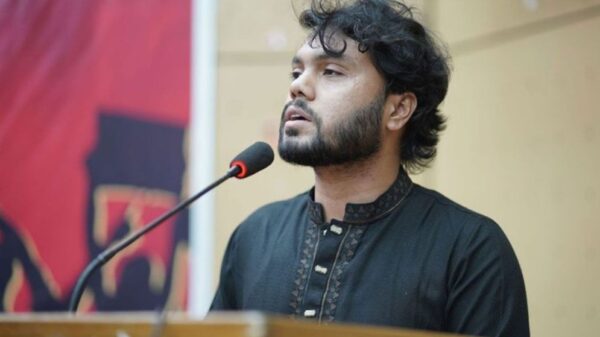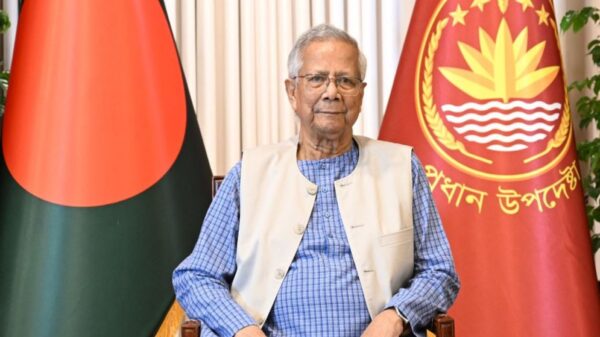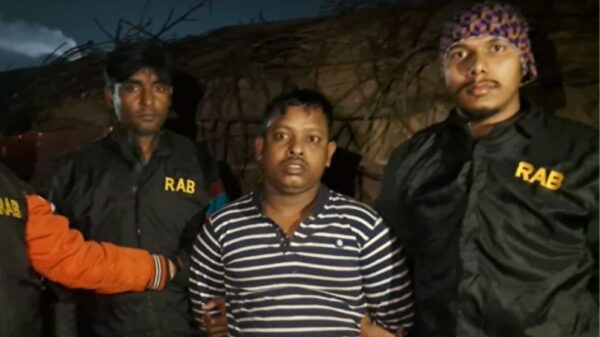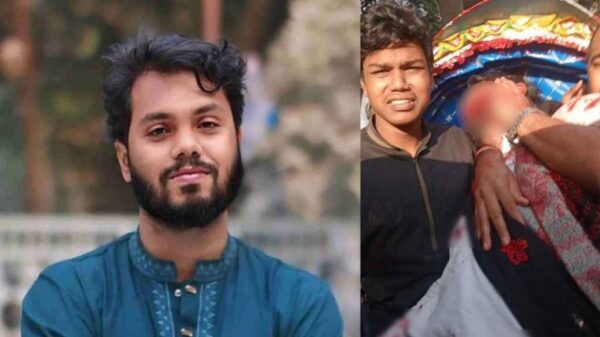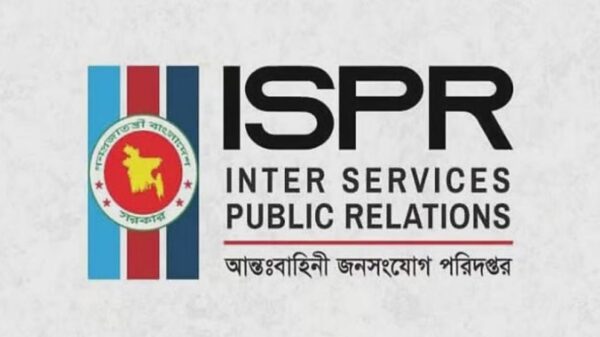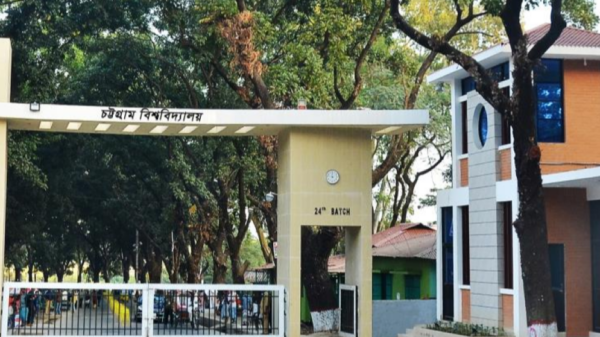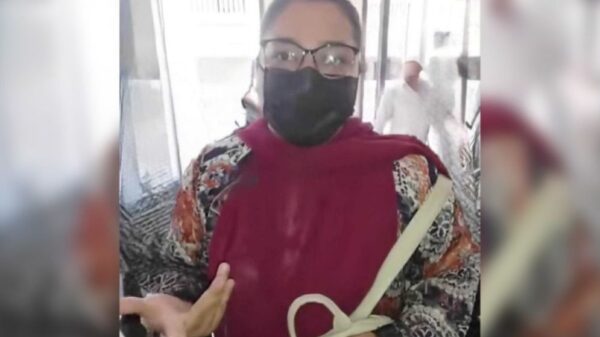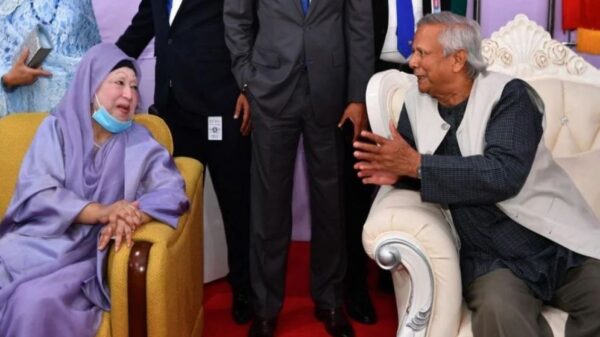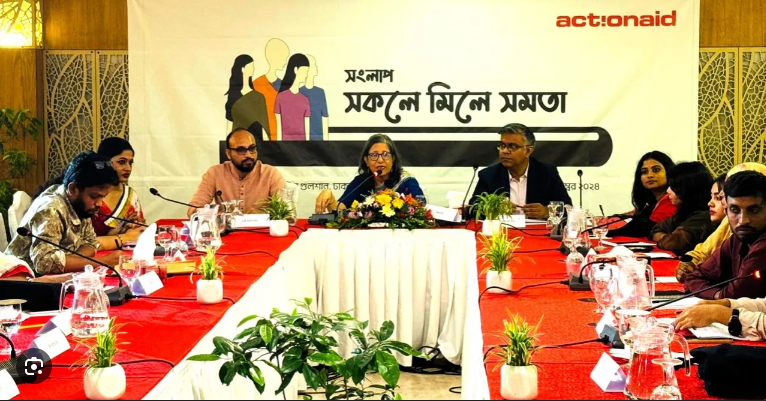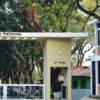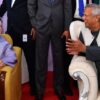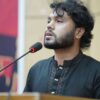Staff Reporter:
Speakers at a dialogue in Dhaka yesterday called upon the interim government to create a discrimina-tion-free society in Bangladesh.
They said that the recent student-led movement has opened new avenues for state reform and reconstruc-tion. Building an inclusive and equitable society has emerged as a new challenge for the newly formed interim government.
They made the call at the dialogue titled: ‘Anti-Discrimination for Inclusion’, organized by ActionAid Bangladesh in Dhaka’s Gulshan on Monday.
The speakers said that the journey of state reform must priorities the demands of marginalized communi-ties at the grassroots level.
The dialogue began with a minute of silence in memory of those who lost their lives during the student-led uprising. Representatives from various sectors shared their experiences and aspirations for state re-form.
Nishitha Zaman Niha, a coordinator of the anti-discrimination movement, said, “We, the students and the people, stood against a discriminatory system. Although we have temporarily achieved freedom, we cannot celebrate yet because discrimination still exists in various sectors of our country. Reforms are still needed to ensure the rights of all citizens.”
Puchainu Marma, a representative of the indigenous community, said, “Quality education and healthcare are inadequate in the Chittagong Hill Tracts. Although a lot of money has been spent on infrastructure, services are still inadequate.”
Mehedi Hasan, a representative of people with disabilities, said, “Comprehensive rehabilitation of people with disabilities, especially during floods and other natural disasters, is crucial.
“The selection process for disability allowances under the social safety net program needs to be transpar-ent, and the amount of aid should be increased.”
Nilofa, General Secretary of the Sex Workers’ Network, said, “We demand justice for sex workers. We are facing mental and physical violence, and we want safety and the rule of law. We want the perpetra-tors to be brought to justice.”
Abida Sultana Akhi, a youth and women’s rights activist, said, “The provision of gender-responsive gov-ernment services needs to be expanded. Women still face challenges in accessing services equitably. We want an equitable society.”
Anowara Begum, a representative of women farmers, said, “Women farmers do not have their own land, and they still face wage discrimination.”
Responding to a question about the relevance of this dialogue during the interim government’s time of challenges, Farah Kabir, Country Director of ActionAid Bangladesh and moderator of the dialogue, said, “This is the time for planning.”
Other speakers included women’s rights activist Dalia Islam, transgender community representative Ivan Ahmed Kotha, Dalit-Harijan community representative Khillon Robi Dash, child rights representative Bithi Akter, women’s rights activist Zinia Afrin Smriti, garment worker Bilkis, climate activist Sohanur Rahman, and Morium Nesa, Manager of Women’s Rights and Gender Equity at ActionAid Bangladesh.
At the end of the dialogue, the guests visited a special cartoon and art exhibition themed around the stu-dent-led uprising.



